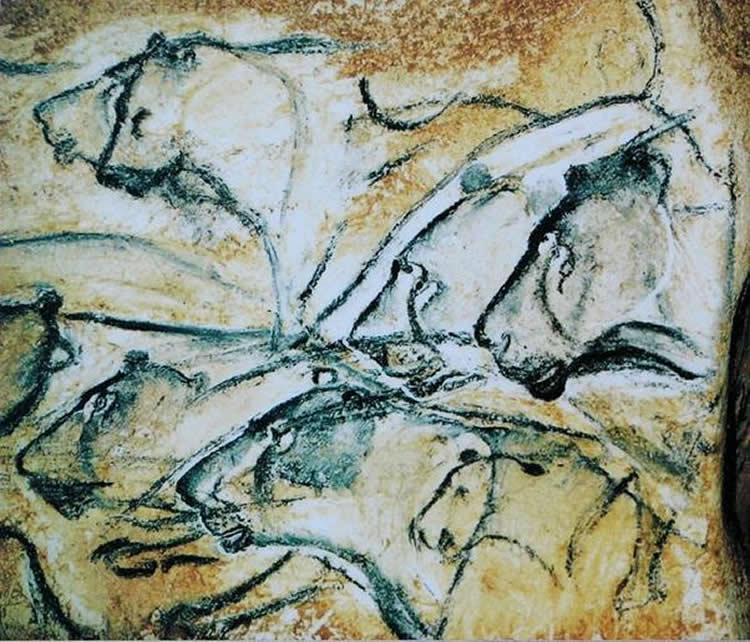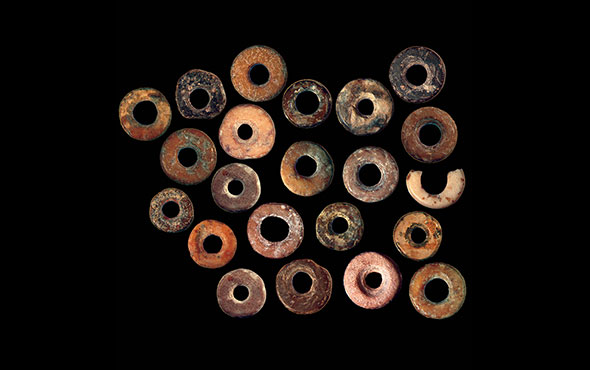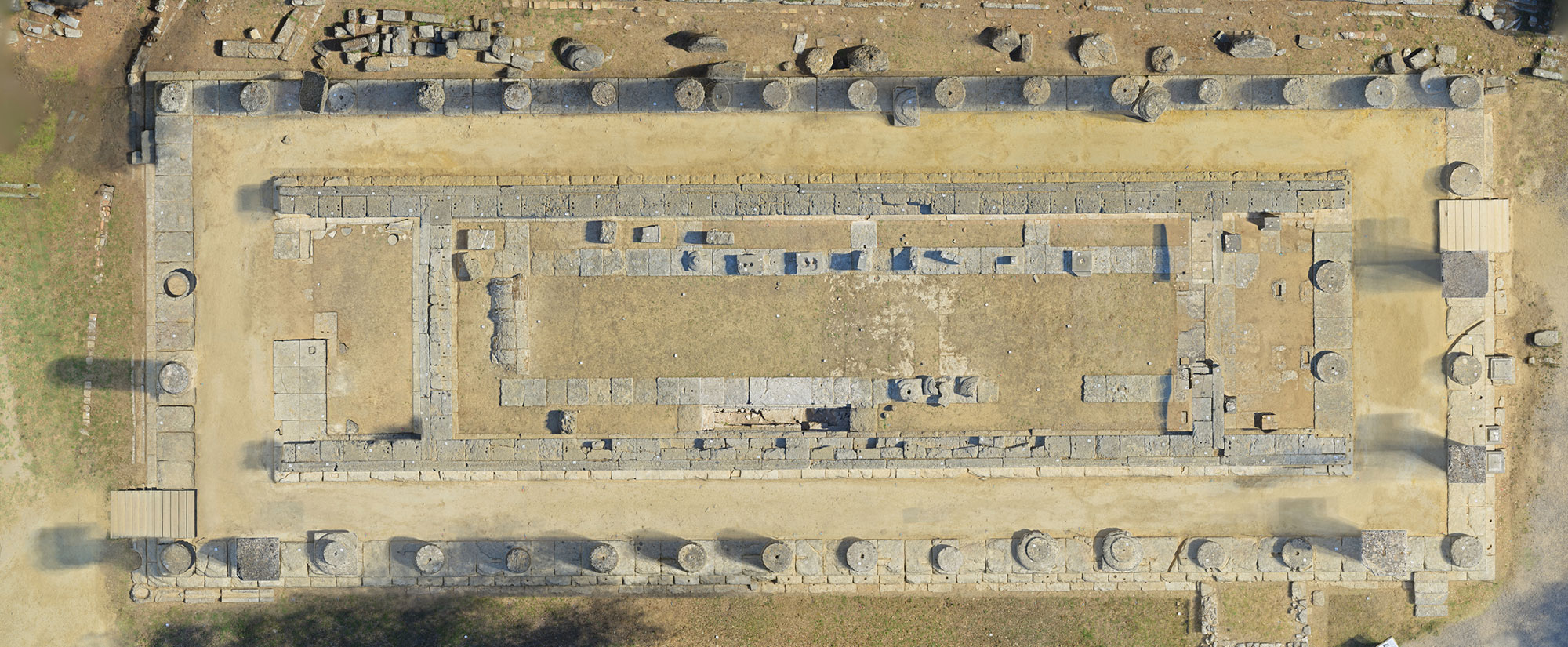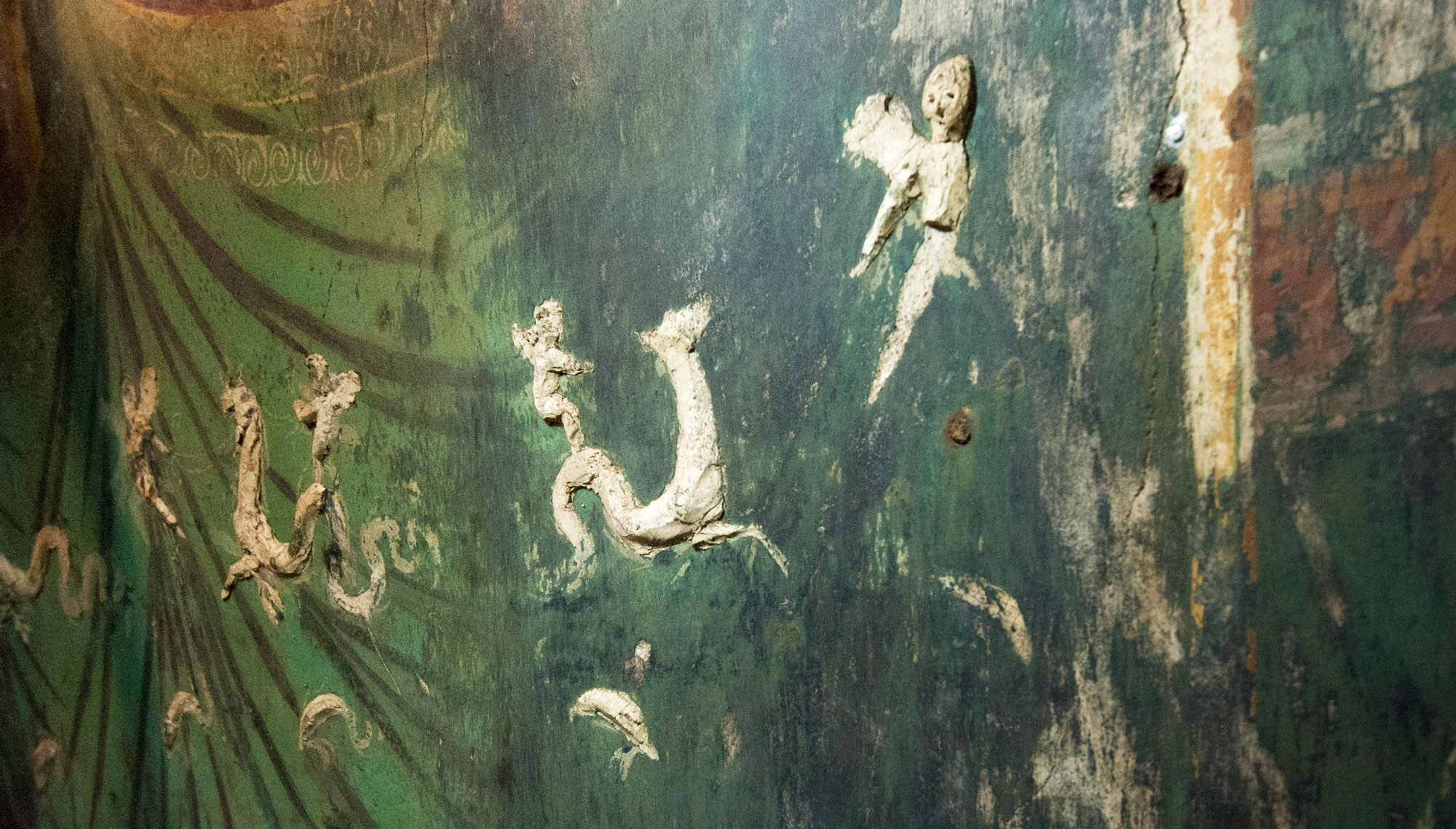
YORK, ENGLAND—According to a report in ZME Science, Penny Spikins of the University of York and her colleagues argue that collaborative morality, or a group-oriented attitude, emerged in humans some 100,000 years ago, and changed how individuals with autism, a condition thought to have a long evolutionary history, were integrated into society. Spikins thinks people who may have been ostracized before the emergence of collaborative morality came to be seen as valuable to group survival due to their heightened senses, exceptional memory skills, and attention to detail. Those traits may have helped groups of hunter-gatherers navigate the landscape, understand the behavior of prey animals, and recognize different plants and animals. According to Spikins, people with diverse abilities took on specialized roles, which helped lead to human success. Some scholars have argued that identifying traits of autism can even be seen in Paleolithic cave art. For more, go to “New Dates for the Oldest Cave Paintings.”











